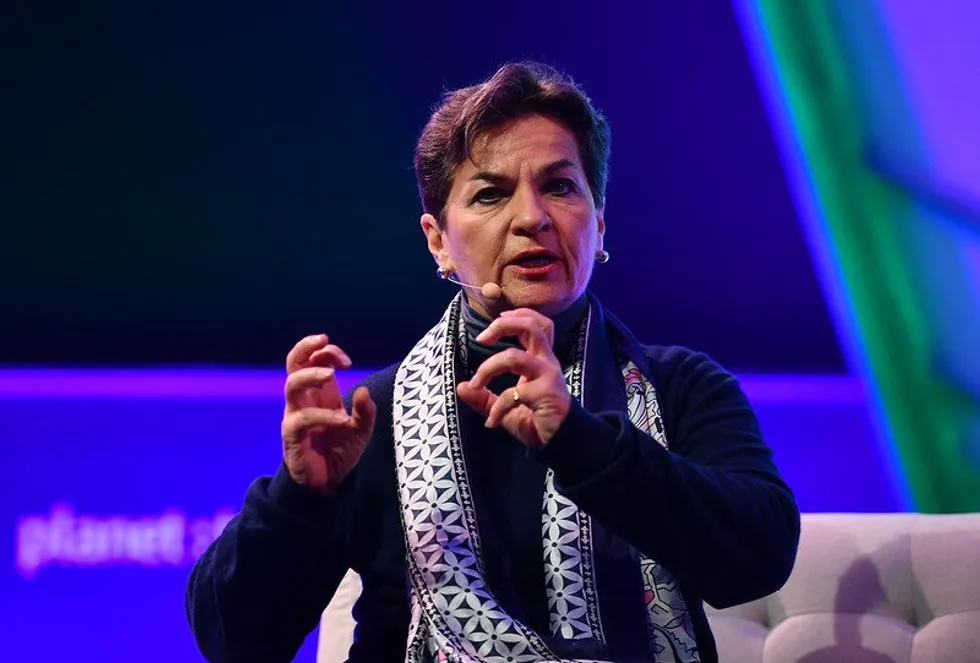The UN’s former climate chief, Christiana Figueres has said that the United Arab Emirates’ approach to the Cop28 climate summit it will preside over in November is “very dangerous” and a “direct threat to the survival of vulnerable nations”.
The appointment of Al Jaber as Cop28 president in January attracted wide criticism, with his country, the UAE said to have the third biggest net zero-busting plans in the world for oil and gas expansion, surpassed only by Saudi Arabia and Qatar.
The UAE is a big oil and gas producer, and the designated president of the Cop28 summit is Sultan Al Jaber, who is also the head of the UAE’s national oil and gas company, Adnoc.
Recall that scientists had agreed that most fossil fuel reserves must stay in the ground to meet the climate objectives of the Paris agreement, with the International Energy Agency (IEA) saying that new fossil fuel projects begun after 2021 are not compatible with reaching net zero emissions by 2050
Figueres, who is said to have played a major role pivotal in the delivery of the landmark Paris climate agreement in 2015, also said the country holding the presidency of the UN summit could not put forward its own position and had to be neutral.
Figueres was responding to a speech by Al Jaber in which he said: “We must be laser focused on phasing out fossil fuel emissions, while phasing up viable, affordable zero carbon alternatives.”
Read also: UN says plastic pollution could be slashed by 80% by 2040
“That was widely interpreted to mean using carbon capture and storage (CCS) technology to capture CO2 emissions, and not completely phasing out fossil fuels themselves. “The fact that ‘emissions’ is in that sentence is very worrisome,” Figueres was quoted as saying on the Outrage and Optimism podcast she co-hosts.
“So he is trying to dance on two dancefloors at the same time. He is trying to say: ‘Look, those of us who are producers of fossil fuels will be responsible for our emissions through enhanced carbon capture and storage. And we, or the Cop presidency, will also support the zero carbon alternatives.’”
Speaking further, she said “The fact that he thinks the [fossil fuel] energy used today will continue to be part of the global energy mix for the ‘foreseeable future’, I can see that from a UAE perspective,” adding that foreseeable is a “long time”.
“But from a Cop president perspective, it’s very dangerous. I just don’t see most countries, and certainly not the vulnerable countries, being willing to support the Cop president on this because it is a direct threat to their survival.”
According to her, when you are the president of the Cop, you cannot put forward the position of the country that you’re coming from and You have to be able to be neutral.
“The world must slash CO2 emissions by 45% by 2030 to have a chance of limiting global heating to 1.5C. Figueres said: “We do not have CCS commercially available and viable over the next five to seven years. It’s just not going to happen. We have an issue of timing here, in addition to a moral issue.”
Story was adapted from the Guardian.
